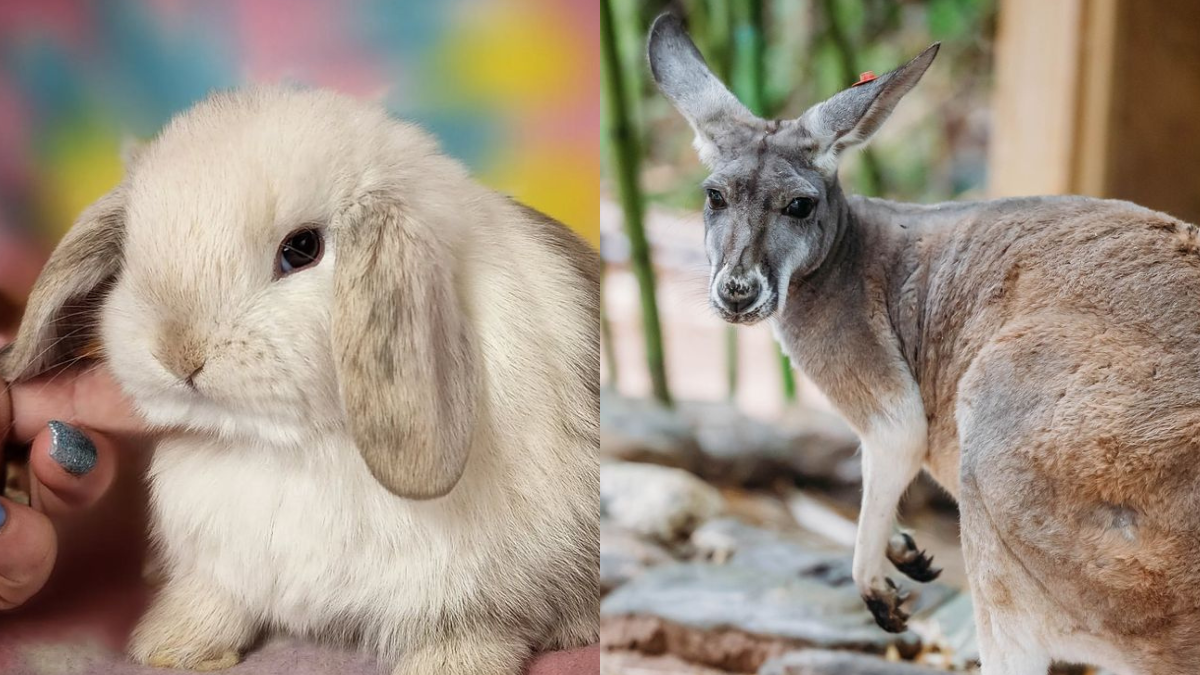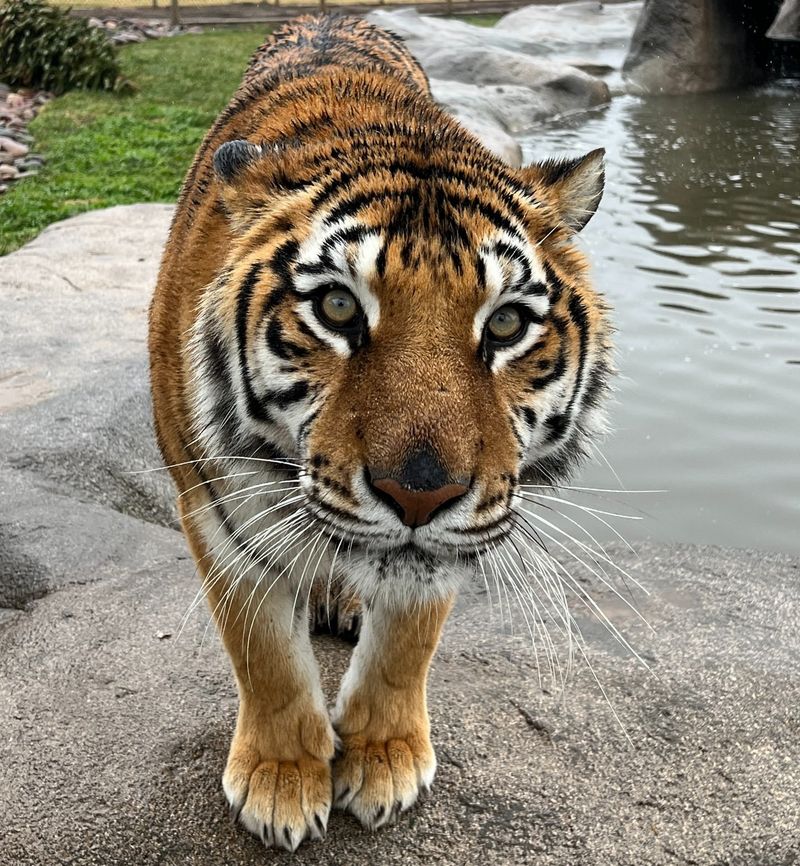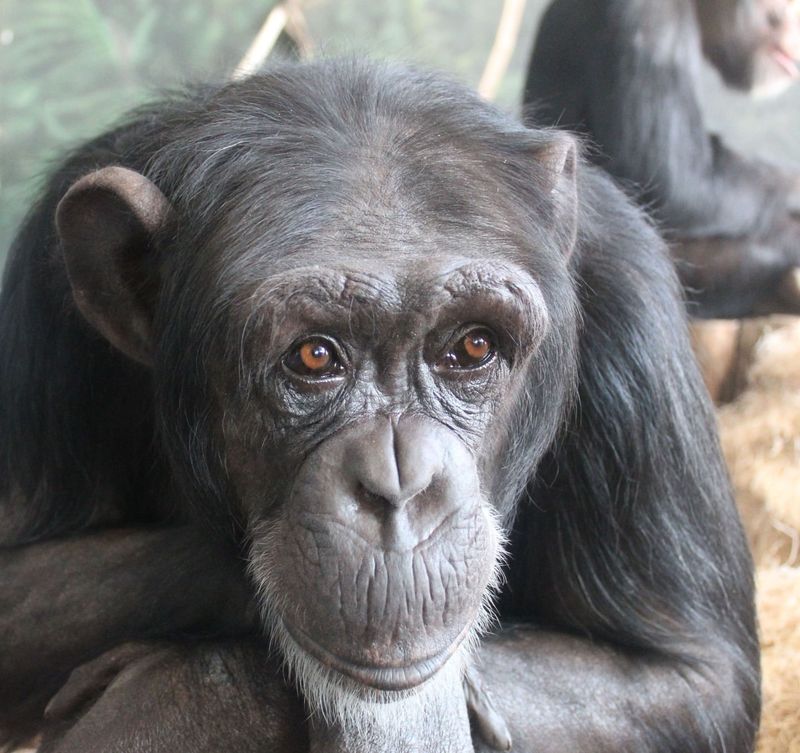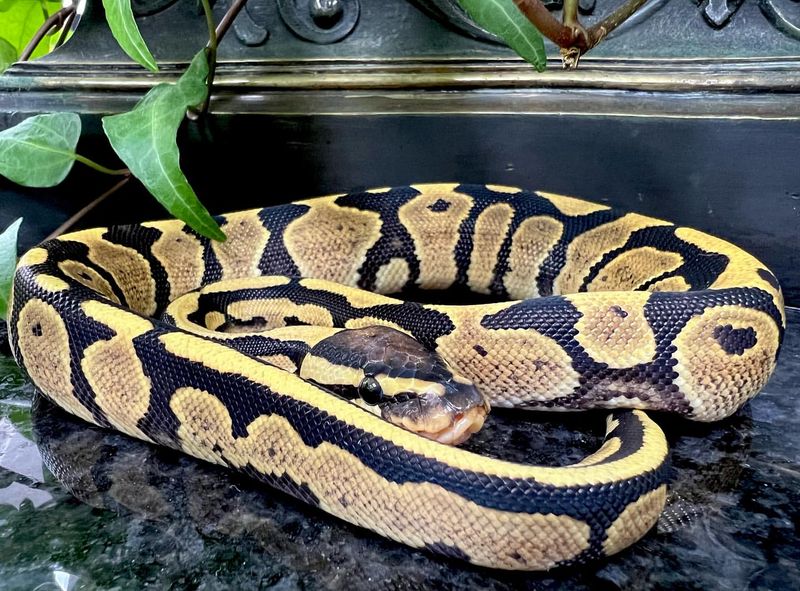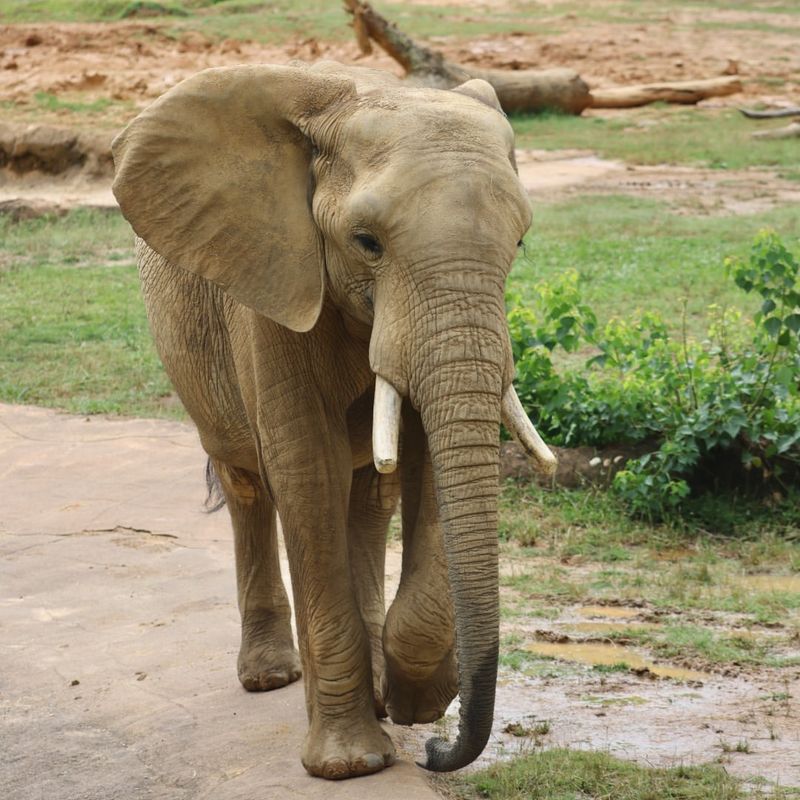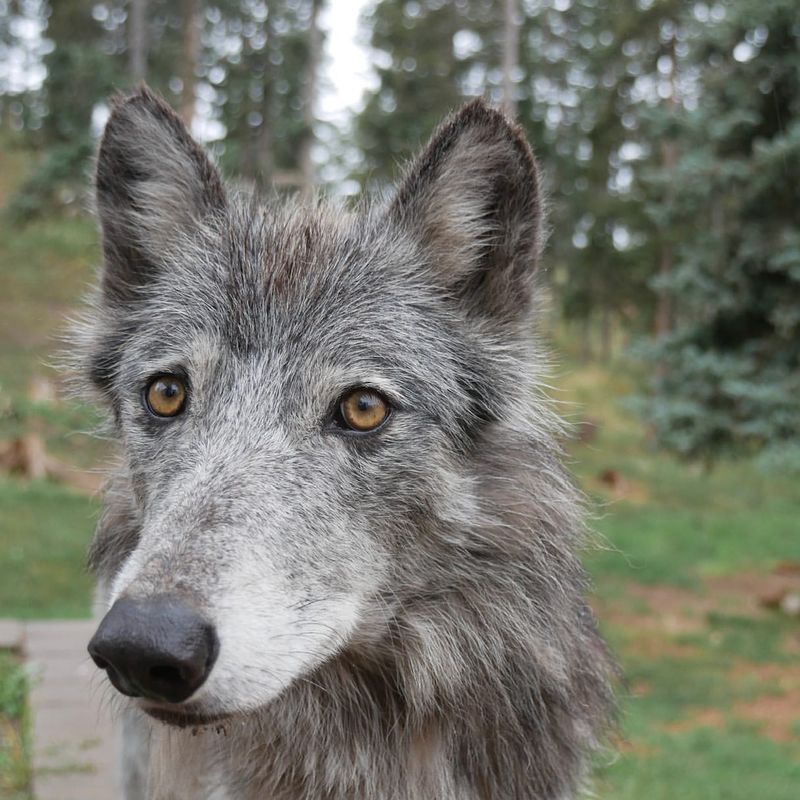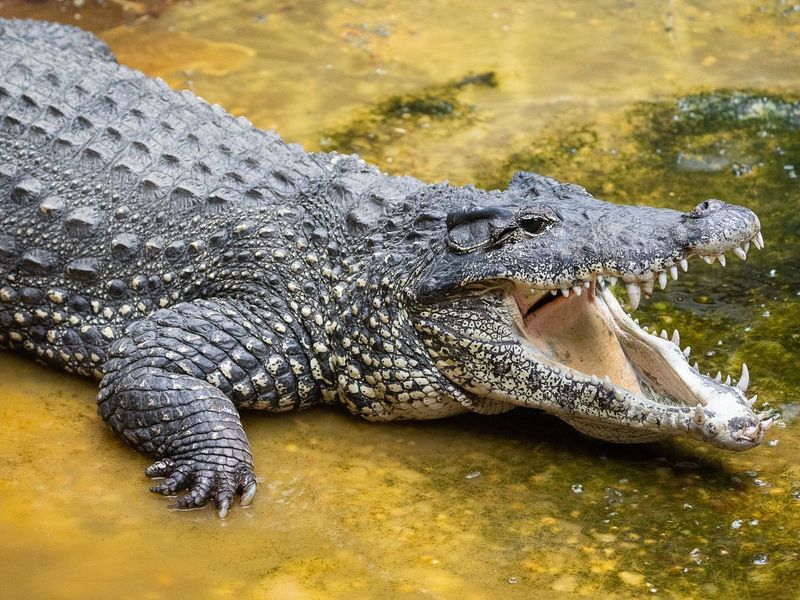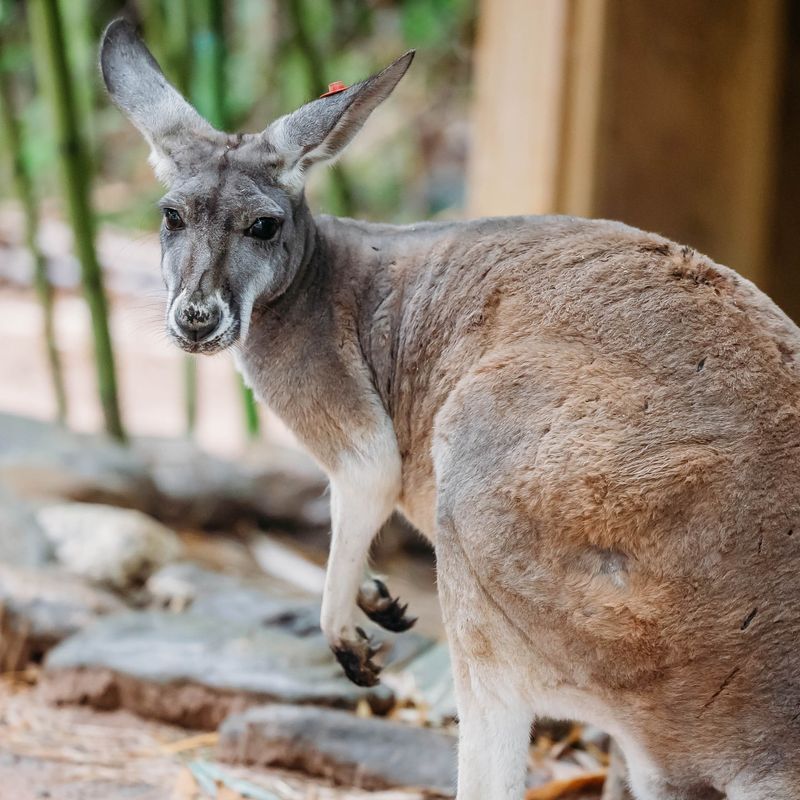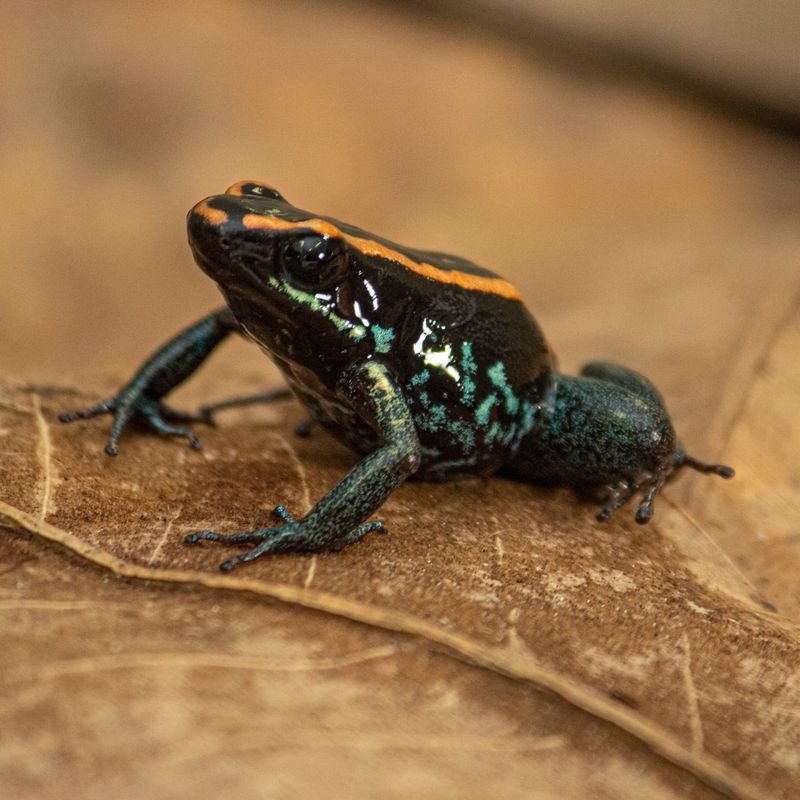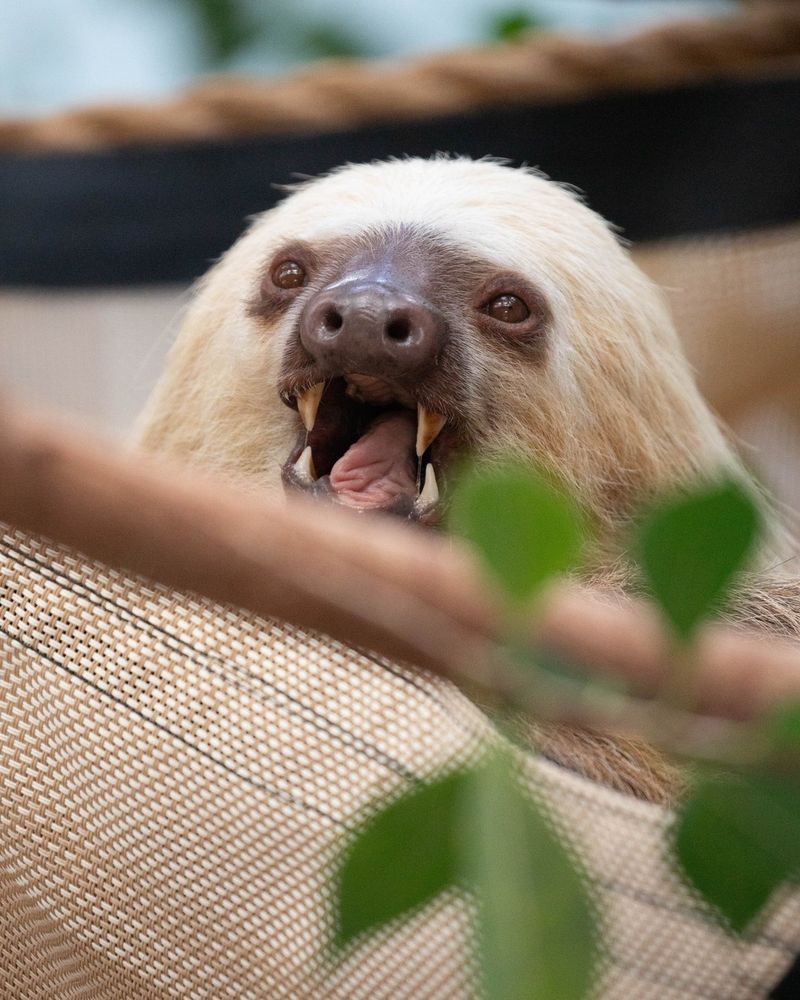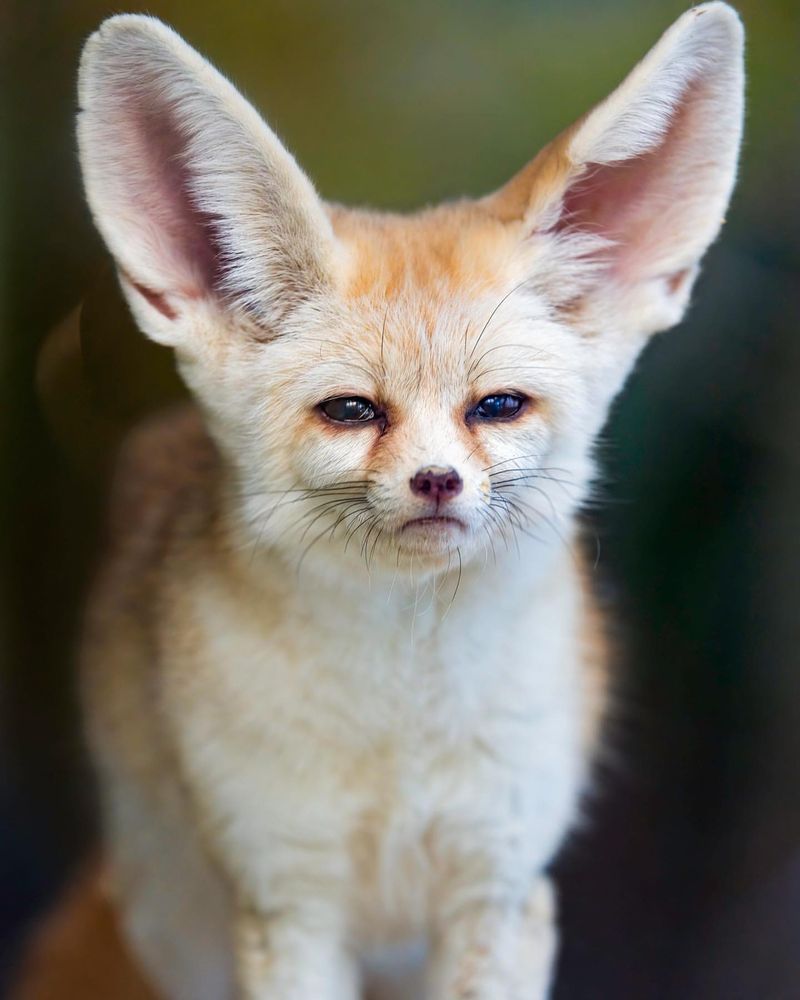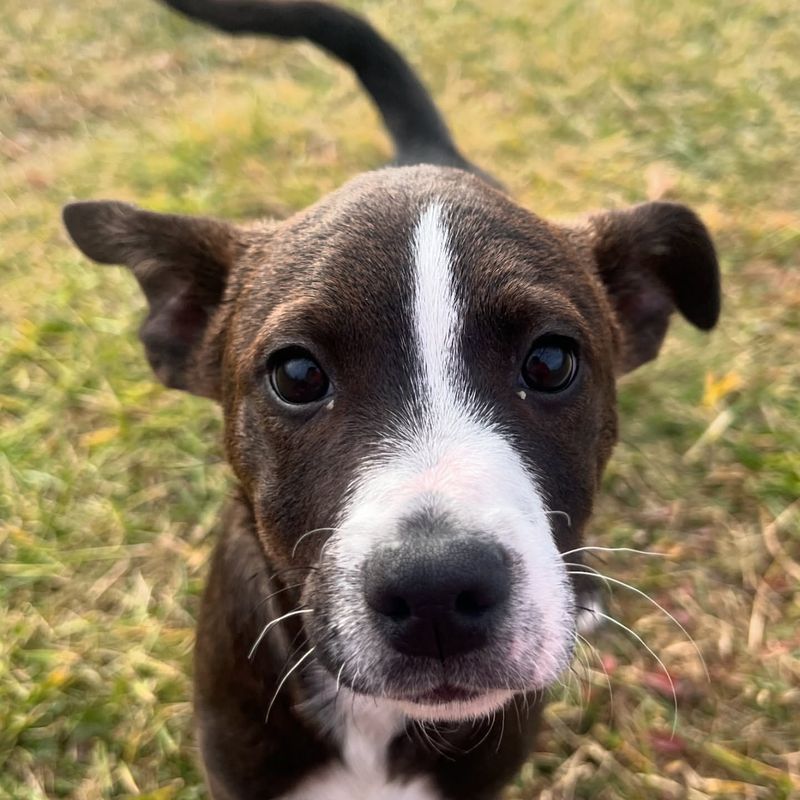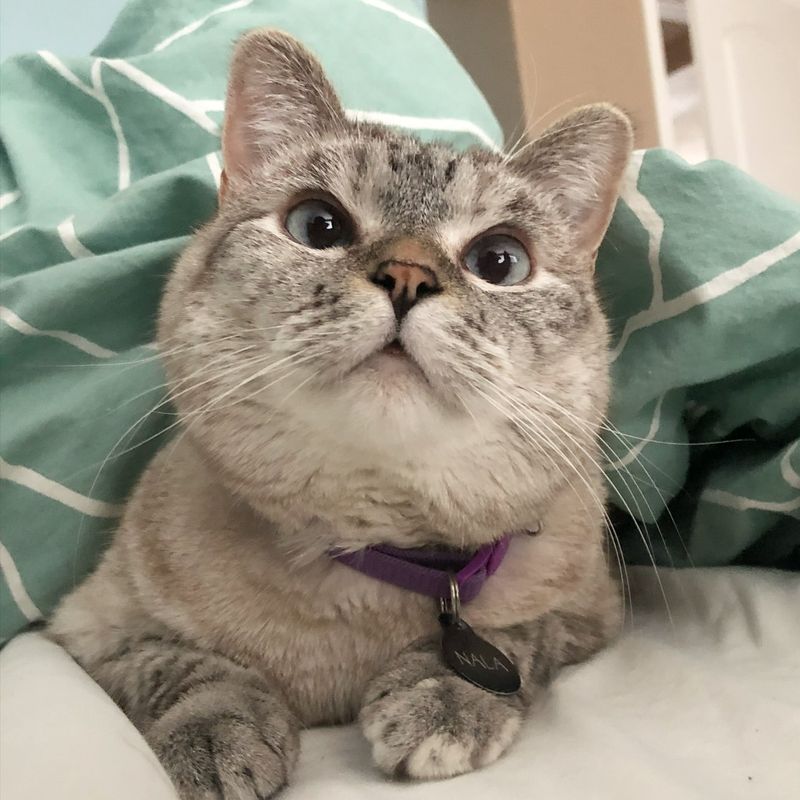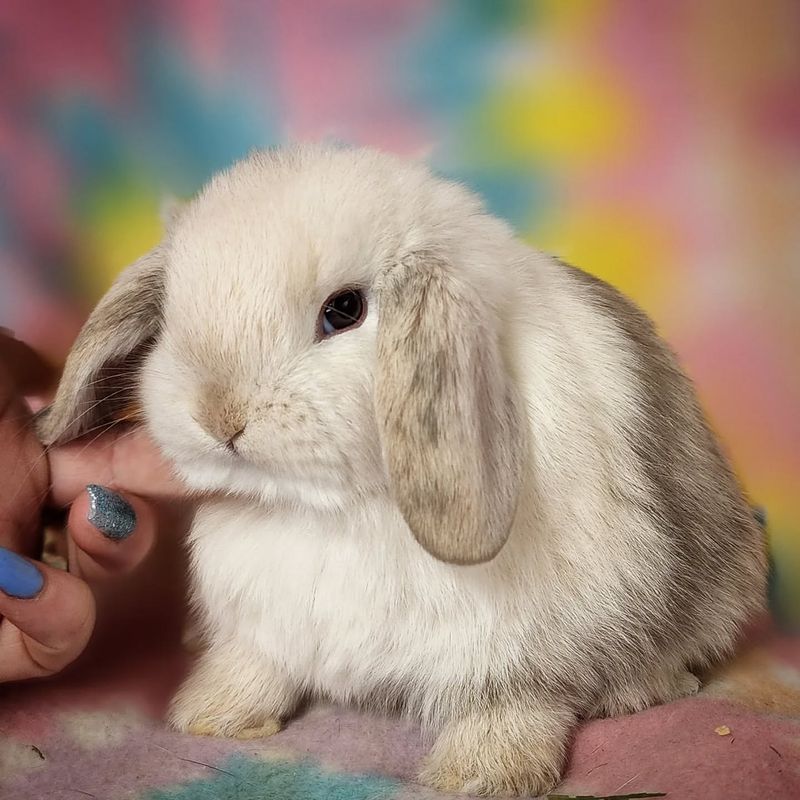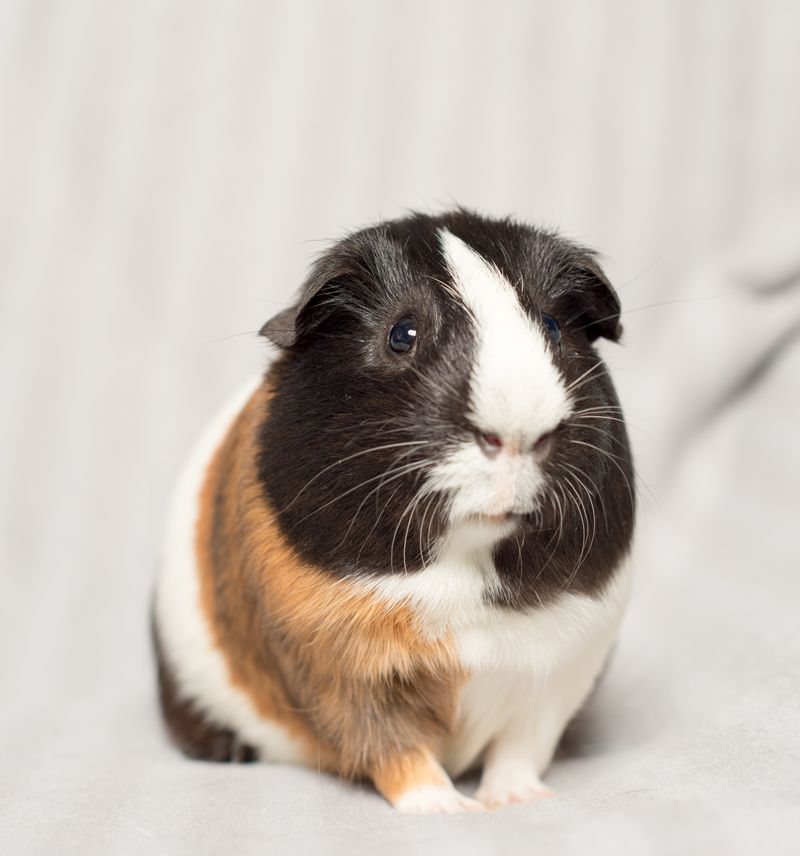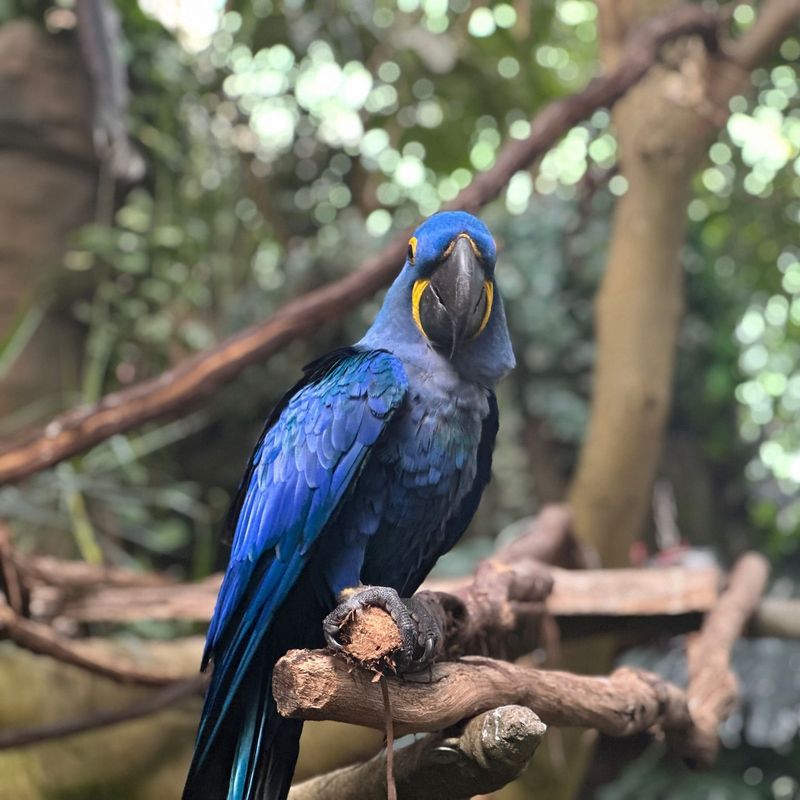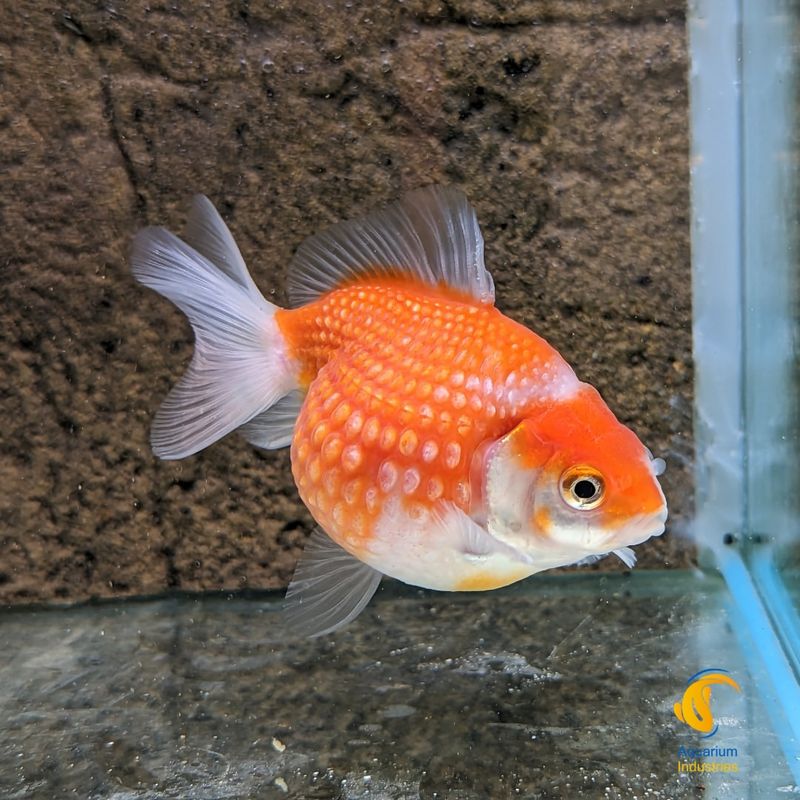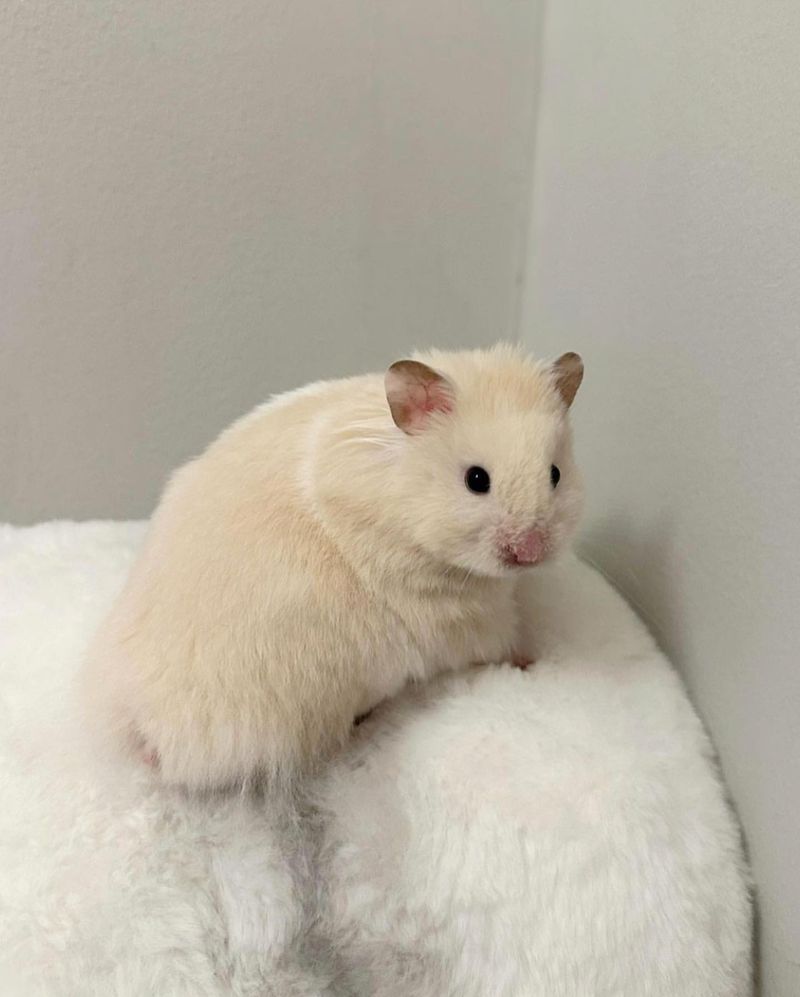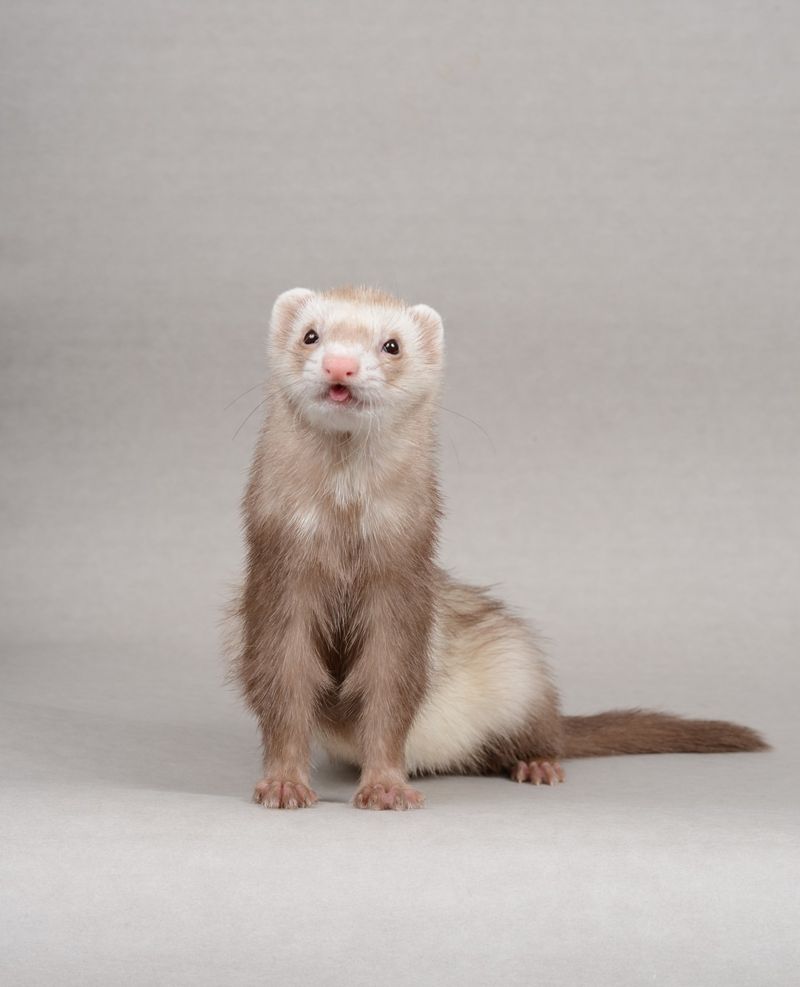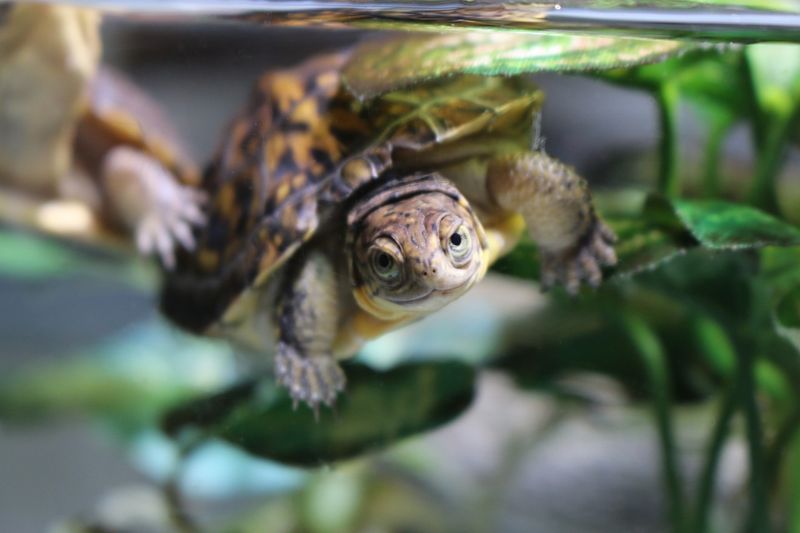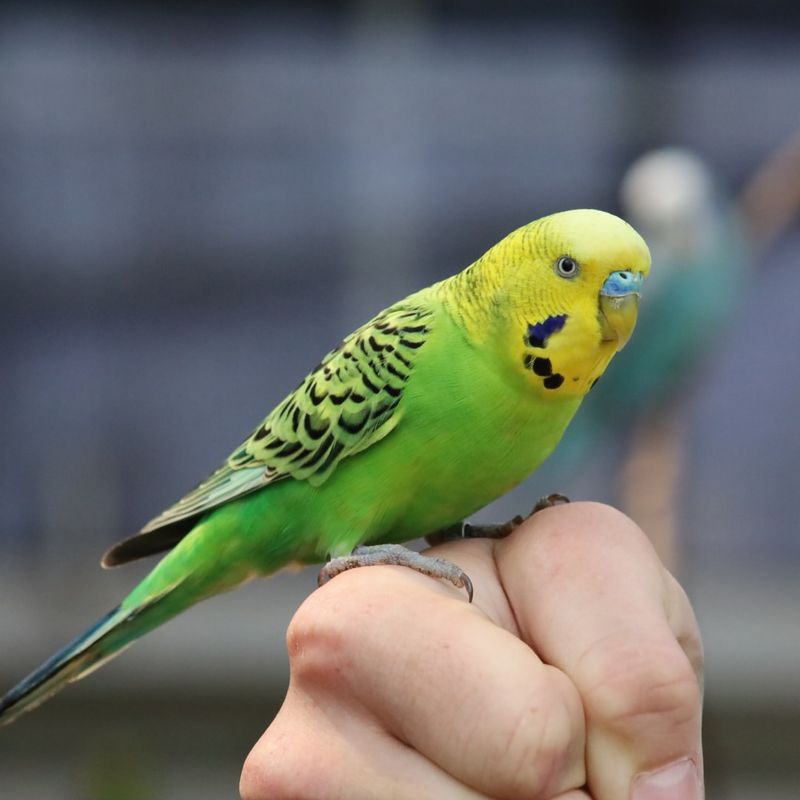📖 Table of Content:
Choosing the right pet can be one of the most rewarding decisions you make, but it’s important to remember that not all animals are suitable for life in your home. Some creatures, while fascinating and exotic, are simply not meant to be kept as pets due to their specific needs or dangerous nature. Let’s check out 10 animals you should never keep as pets and why, as well as 10 others that make perfect companions.
While many people are drawn to unique or unusual pets, the reality of caring for these animals often becomes more challenging than expected. From high maintenance needs to aggressive behavior, certain creatures require specialized environments or diets that most households can’t provide. On the other hand, there are many pets that thrive in a domestic setting, offering companionship and joy with minimal risk.
Understanding which animals are best suited to being pets is key to creating a safe, healthy, and happy environment for both you and your animal companion. Some pets require more attention, space, and resources than others, and some can pose serious risks to both owners and others. Let’s dive into the list and discover which animals you should avoid, as well as the best alternatives that are sure to enrich your life.
1. Tigers
Belonging in the wild, tigers are incredibly difficult to manage as pets due to their sheer size and strength. These powerful animals are not suited for domestic life. They require vast territories to roam and hunt, something a domestic environment simply cannot provide. Even with extensive space, their natural instincts can pose serious threats to human safety.
In many regions, owning a tiger is illegal due to these risks. Beyond legality, ethical considerations also arise. Tigers are endangered, and breeding them in captivity does little to support wild populations. It’s best to admire these big cats from afar and support conservation efforts.
2. Chimpanzees
Though they may seem charming and intelligent, chimpanzees are unsuitable as pets. Sharing 98% of their DNA with humans, they have complex emotional and social needs. In captivity, meeting these needs is challenging, leading to psychological distress. Chimpanzees can also be unpredictable and aggressive, especially as they age, posing significant risks to humans.
Their strength far exceeds that of humans, making them difficult to control. Moreover, keeping chimpanzees as pets can contribute to the illegal wildlife trade, further threatening their wild populations. They belong in their natural habitats or well-regulated sanctuaries, not in private homes.
3. Pythons
Among the largest snakes in the world, pythons are unsuitable as pets due to their size. They require specialized care and enclosures to thrive, which many pet owners cannot provide. Without the proper environment, pythons can suffer from health issues like malnutrition and stress. Additionally, their strength and potential danger should not be underestimated.
A fully grown python can overpower an adult human, presenting serious safety concerns. Some regions have restrictions on owning large constrictor snakes for this reason. Pythons are best left to experienced professionals who understand their complex needs and care requirements.
4. Elephants
Elephants are majestic creatures that require vast spaces and social structures to thrive. As the largest land animals, they have complex physical and emotional needs that cannot be met in private ownership. In captivity, elephants often suffer from ailments related to inadequate space and social isolation.
They are highly intelligent and social animals, requiring interaction with other elephants to maintain their well-being. Moreover, ethical concerns arise with keeping elephants as pets, as it can lead to exploitation and harm. Supporting conservation efforts and observing them in the wild or reputable sanctuaries is the best approach.
5. Wolves
Being wild animals, wolves have instincts and behaviors that aren’t compatible with domestic life. Unlike dogs, they have complex social structures and need interaction with their pack for mental and emotional well-being.
Keeping a wolf as a pet can lead to severe behavioral issues, as they cannot fully express their natural instincts. Furthermore, wolves have powerful predatory instincts that can pose risks to humans and other animals. Laws in many places prohibit private ownership of wolves due to these dangers. Instead of keeping wolves as pets, supporting conservation initiatives is a more responsible choice.
6. Crocodiles
As apex predators, crocodiles have specialized needs that make them unsuitable as pets. Their size and aggression present significant risks, even to experienced handlers. They also require large, secure enclosures that replicate their natural habitat, which most private owners cannot provide.
In captivity, they can become stressed or aggressive, increasing the danger they pose. Furthermore, crocodiles are protected by various laws due to their ecological importance and potential threat to humans. Observing these impressive reptiles in the wild or in accredited zoos is the safest way to appreciate them without compromising their welfare or human safety.
7. Kangaroos
Iconic Australian animals, kangaroos, are not suited for private ownership. They need large open spaces to hop and graze, which is difficult to provide in a typical home setting. Inadequate environments can cause health problems and stress, while their strong hind legs can lead to injury if they feel threatened or cornered.
They are social animals that thrive in groups, and isolation can negatively impact their well-being. Instead of keeping them as pets, appreciating kangaroos in their natural habitat or through conservation programs allows for a more ethical interaction.
8. Poison Dart Frogs
Despite their small size and vibrant colors, poison dart frogs are not suitable pets. Their skin secretes potent toxins as a defense mechanism, posing serious risks to humans. Handling these frogs requires expert knowledge to prevent accidental poisoning. Moreover, they have specific environmental needs, including humidity and temperature control, which are challenging to maintain in a domestic setting.
Captivity can affect their health and behavior, making them difficult to care for. Observing poison dart frogs in their natural rainforest habitat or in specialized exhibits is a safer and more responsible way to enjoy their beauty.
9. Sloths
Sloths are gentle creatures endemic to Central and South American rainforests. Their slow lifestyles and specialized diets make them ill-suited for life as pets. Sloths need specific environmental conditions, including high humidity and a varied diet of leaves, which are hard to replicate in a home.
Furthermore, their slow metabolism means they can easily suffer from stress and health issues in captivity. Sloths are solitary animals that thrive in the wild, where they can move at their own pace and forage naturally. Supporting efforts to preserve their habitats is crucial for their continued survival.
10. Fennec Foxes
Native to the Sahara Desert, fennec foxes are known for their distinctive large ears. Though adorable, they are not suited to life as pets. Fennec foxes have specific dietary and environmental needs, requiring ample space and stimulation, while their natural behaviors like digging and nocturnal activity can be disruptive in a home setting.
Additionally, they are social animals that can become distressed without proper interaction. Ownership may also contribute to illegal wildlife trade, threatening their populations. Observing fennec foxes in a controlled environment or natural habitat is the best way to appreciate them.
11. Dog
Often hailed as man’s best friend, dogs are known for their loyalty and companionship. They thrive in homes where they can interact with humans and enjoy regular exercise. With proper training, dogs become well-behaved and rewarding pets for those who invest time and care into their upbringing.
Different breeds suit various lifestyles, from energetic border collies to relaxed bulldogs. Dogs also provide security and emotional support, serving as an integral part of the family. Their need for attention and care makes them ideal for active households, looking for a dedicated companion.
12. Cat
Independent yet affectionate, cats are known for their graceful movements and playful antics. Well-suited to indoor living, they make great pets for apartment dwellers. With their natural grooming habits and lower maintenance needs, cats offer a more relaxed pet option compared to dogs.
Their curiosity and intelligence bring endless entertainment, while their quiet nature provides a tranquil presence in the home. Cats bond well with their owners, sharing comforting purrs and gentle nudges. Those seeking a pet with minimal fuss but maximum companionship will find cats to be an excellent choice.
13. Rabbit
Charming and gentle, rabbits are known for their soft fur and endearing appearance. They thrive in spacious enclosures, where they can hop and explore freely. Naturally social, rabbits enjoy interaction with their human caregivers and can even be trained to use a litter box.
Providing them with toys and companionship is essential for their well-being. Rabbits are suitable for families and singles, offering a delightful mix of playfulness and tenderness. Their diet primarily consists of hay, fresh vegetables, and pellets, ensuring they remain healthy and happy. With proper care, rabbits make loving, affectionate pets.
14. Guinea Pig
Guinea pigs are small, sociable rodents known for their vocal chatter and gentle disposition. These pets are ideal for children, teaching responsibility and care. Guinea pigs require a spacious cage with proper ventilation and a consistent diet of hay, vegetables, and pellets.
Regular handling helps them become tame and trusting companions. Their playful interactions and unique personalities provide endless amusement. Guinea pigs thrive in pairs or groups, ensuring they have companionship. With their friendly nature and ease of care, guinea pigs are a popular choice for families looking for small, manageable pets.
15. Parrot
Intelligent and social, parrots are famous for their ability to mimic human speech. They need a stimulating environment with plenty of toys and interaction to stay engaged. Parrots form strong bonds with their human families, thriving on socialization and attention.
With their engaging personalities, they often become the household’s focal point. Keeping a parrot demands commitment, as they can live for several decades. Their diet consists of seeds, fruits, and specialized pellets. For those willing to invest time in training and companionship, parrots offer vibrant, interactive experiences, making them captivating pets.
16. Goldfish
Known for their vibrant colors and calming presence, goldfish are one of the most popular aquatic pets. They are well-suited for both beginners and experienced aquarists. A properly maintained aquarium with clean water and adequate filtration is key to keeping them healthy.
They thrive in social settings, often sharing their space with other compatible fish species. While their care might seem straightforward, regular tank cleaning and monitoring of water quality are essential. Goldfish provide a serene, beautiful display, enhancing any home with their graceful swimming and shimmering scales. They are an ideal choice for those seeking a low-maintenance pet with visual appeal.
17. Hamster
Small and nocturnal, hamsters are known for their entertaining behavior and low-maintenance care. They thrive in compact living spaces, requiring only a cage with bedding, a wheel, and toys for enrichment. While independent, hamsters enjoy gentle handling, making them great pets for older children.
Their diet includes seeds, fruits, and specially formulated pellets. Hamsters offer a low-commitment pet experience, with their short lifespan and minimal needs. Their curious nature and playful antics provide plenty of amusement, making them a favorite among pet enthusiasts looking for a small, engaging companion.
18. Ferret
These animals are curious and playful pets, famous for their energetic antics and sociable nature. They require a safe, engaging environment to roam and explore. Ferrets form strong bonds with their owners and enjoy interactive playtime.
Their diet consists of high-protein ferret food, along with treats. Regular visits to the vet ensure their health and happiness. Ferrets thrive in homes where they receive ample attention and mental stimulation. Their mischievous behavior and charming personalities make them fascinating pets for those ready to embrace their lively energy and unique needs.
19. Turtle
Tranquil and long-lived, turtles are known for their peaceful demeanor, making them appealing pets. They require an aquarium with both swimming space and a basking area. To stay healthy, turtles need a diet that includes leafy greens, insects, and specialized turtle food.
These reptiles are low maintenance but require specific care to ensure their habitat remains clean and suitable. Turtles offer a calming presence, making them ideal for those who appreciate observing nature without constant interaction. With proper care, they become enduring companions, appealing to pet owners seeking a unique, peaceful pet experience.
20. Budgerigar
Budgerigars, also known as budgies, are small, sociable parrots that make excellent pets for bird enthusiasts. Known for their vibrant plumage and cheerful chirping, budgies are easy to care for and can be trained to mimic sounds and speech.
These birds thrive on interaction and require a good-sized cage with toys and perches for stimulation. Budgies enjoy a varied diet of seeds, fruits, and vegetables. They are highly social and do best when they have a companion, whether it’s another bird or a human who can spend time with them daily. Their lively nature and ability to learn tricks make budgies both entertaining and rewarding pets.
